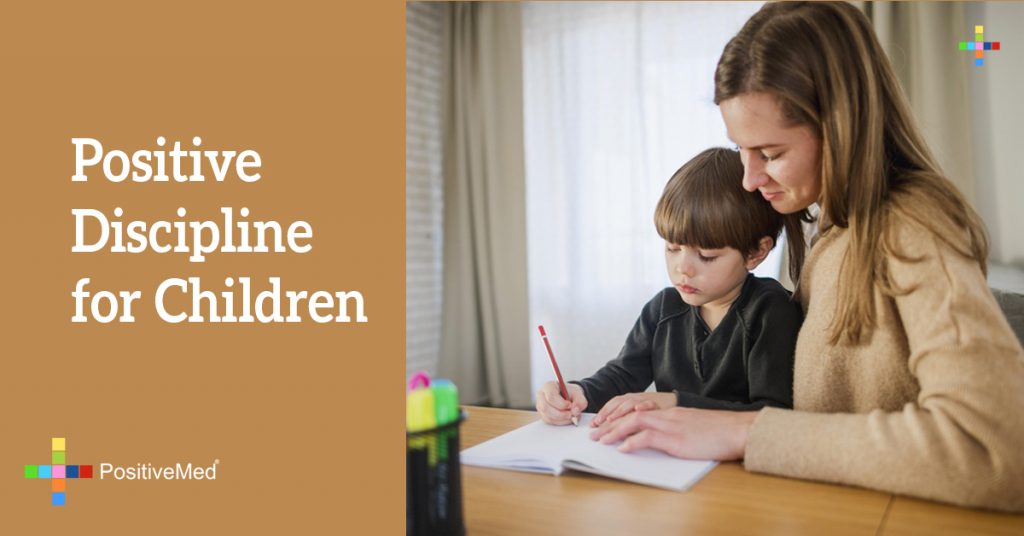
Positive Discipline for Children
By: Andres Carvajal
Edited By: Stephanie Dawson
Discipline of children means to guide their behavior according to the rules and values that are socially shared and accepted. The notion of limits promotes optimal development on an emotional, cognitive, and social level. Its a way to develop values. Positive discipline is the doctrine or teaching that helps change inadequate behavior of children and adolescents, promoting positive attitudes and teaching them good behavior, responsibility, and interpersonal skills through the principles of generosity, constant stimulus, and mutual respect.
Positive discipline gives parents a tool to guide their children in a positive and effective manner. The attitude of an adult who uses positive discipline is beneficial to the development of children because it teaches self-discipline, responsibility, cooperation, and problem solving. This approach doesn’t look to humiliate, punish, or make your children feel ashamed.

How to apply positive discipline
• Encourage children to assume the consequences of their actions, make them responsible of what they do and what they do not do. Encourage dignity and respect. Children will learn that their behavior affects results.
• Understand that the children are more prone and eager to follow rules when they help to establish them. Taking part in the decision making process helps them learn to contribute to the family and with society, making them more responsible.
• Don’t humiliate your children
• Have an attitude of motivation and comprehension
• Send messages to your child with love and respect
• Don’t do something for a child they can do themselves
• Help them take responsibility for their actions
• Actions have consequences, preferred behavior has positive consequences, while not performing as desired should have a negative and consistent outcome
• Logical consequences for not following rules
• Spend time, not money, on your children
• If we really want our kids to grow and be happy we have to use these two ingredients in a balanced and thoughtful way: discipline and positive affect.
• It is important to know that kids learn what their role models do
Sources
Eggert, L.L.; Nicholas, L.J.; Owen, L.M (1995). Reconnecting Youth: A peer group approach to building life skills. Bloomington, IN: National Educational Service.





